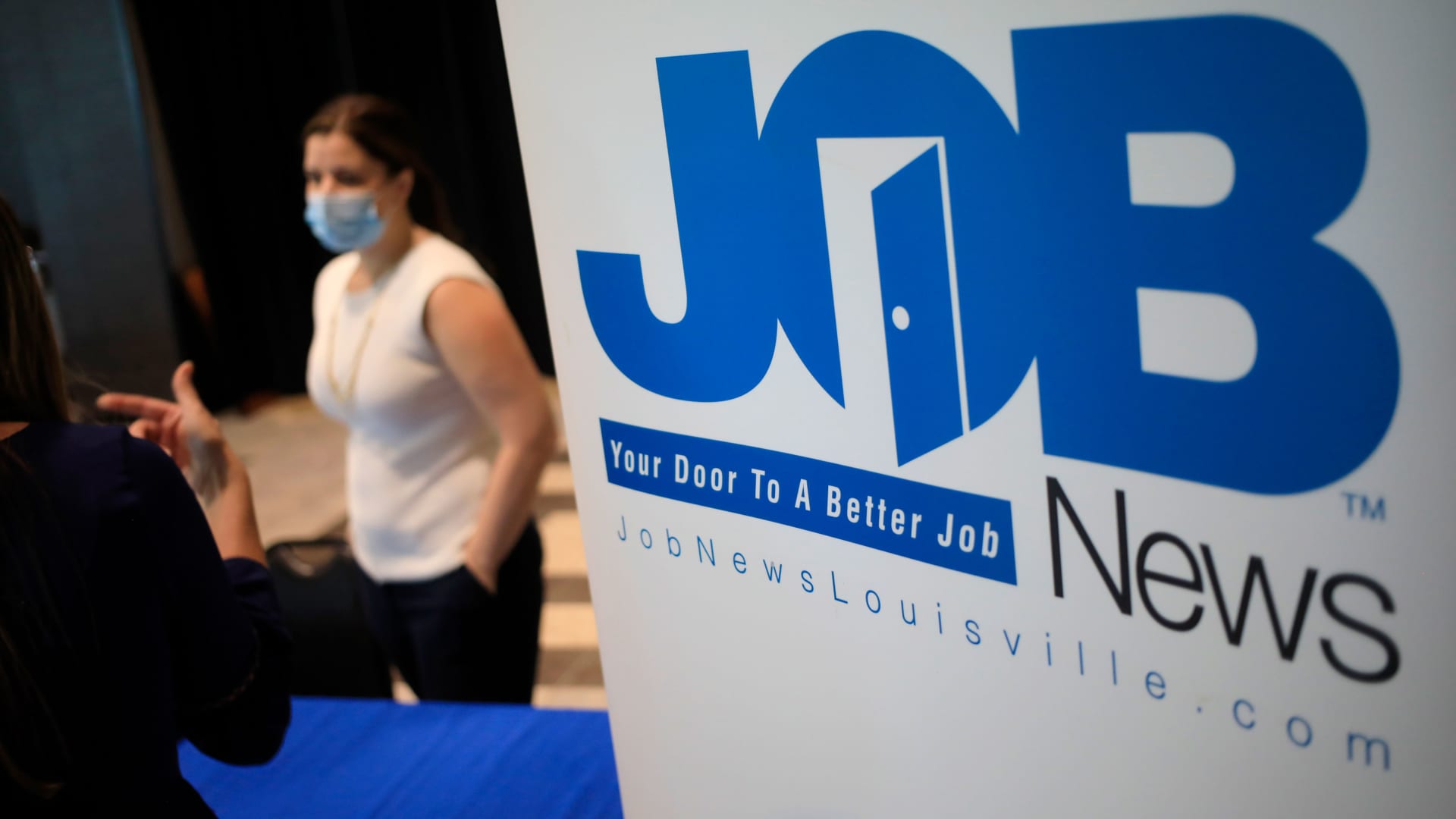This from Matt Yglesias is really, really great. It’s paywalled, but the summary is:
What I think is that central banks should talk less about inflation and more about stabilizing nominal spending.
-
In the face of a drought, you want to stabilize nominal spending, which means that inflation will probably rise, but it also might not if it happens to be offset by good news on some other front.
-
In the face of a huge catastrophe that tanks nominal spending, like a pandemic, you want to catch up with a period of very fast nominal spending growth — even if some of that growth takes the form of inflation.
-
When the catching up is done, you want to slow that nominal spending back down to a sustainable pace.
The overall idea of the piece is that total nominal spending/income is on trend from pre-pandemic, but the pandemic disrupted the economy’s ability to supply the goods and services that people want (both through direct impact and likely also because the pandemic changed the mix of things that people are demanding). So with demand growing on trend and supply faltering, some of the growth in nominal income shows up as inflation (people bidding up the prices for goods that are undersupplied). The specific choices made about providing fiscal support shouldn’t affect the total amount of nominal spending (which the fed controls), but does affect who’s doing the spending and what they’re spending on, which affects how well supply matches demand.
The other big theme of the piece is that the inflation that people care most about is gas and food, whose prices are largely set on global markets, so particular US decisions are likely less relevant there.
This is not really relevant to your question, but I found it extremely clarifying:
Inflation isn’t good for debtors — but rising nominal income is
You may remember having heard somewhere that inflation is good for debtors, and possibly associate this view with William Jennings Bryan and old-time populists.
And you may wonder, how is it that gasoline or rent getting more expensive helps me pay off my debts? Obviously, the answer is that it does not. So where did this idea come from?
Well, here’s the story. If your pay rises 10% and prices rise 10%, your “real” wage has stayed flat. But if you have a mortgage, car loan, or any other long-duration nominally-specified financial obligation, the scenario with a higher nominal income is much better for you. This is not a big issue in the economy right now, but debt overhang was a huge issue during Barack Obama’s presidency. If we’d had faster nominal wage growth back then, most people would have been better off even if 100% of the faster growth was clawed back by higher consumers prices. The low inflation climate that prevailed at the time meant that anemic nominal wage gains did concentrate into “real” wage growth. But because the real world is nominal, those anemic nominal wage gains meant real difficulty in climbing out of the financial crisis.
The key thing here is that while inflation isn’t good for debtors, it’s also not so bad as to make it actually true that you just need to adjust everything for inflation and it all comes out in the wash. The nominal quantities matter.

